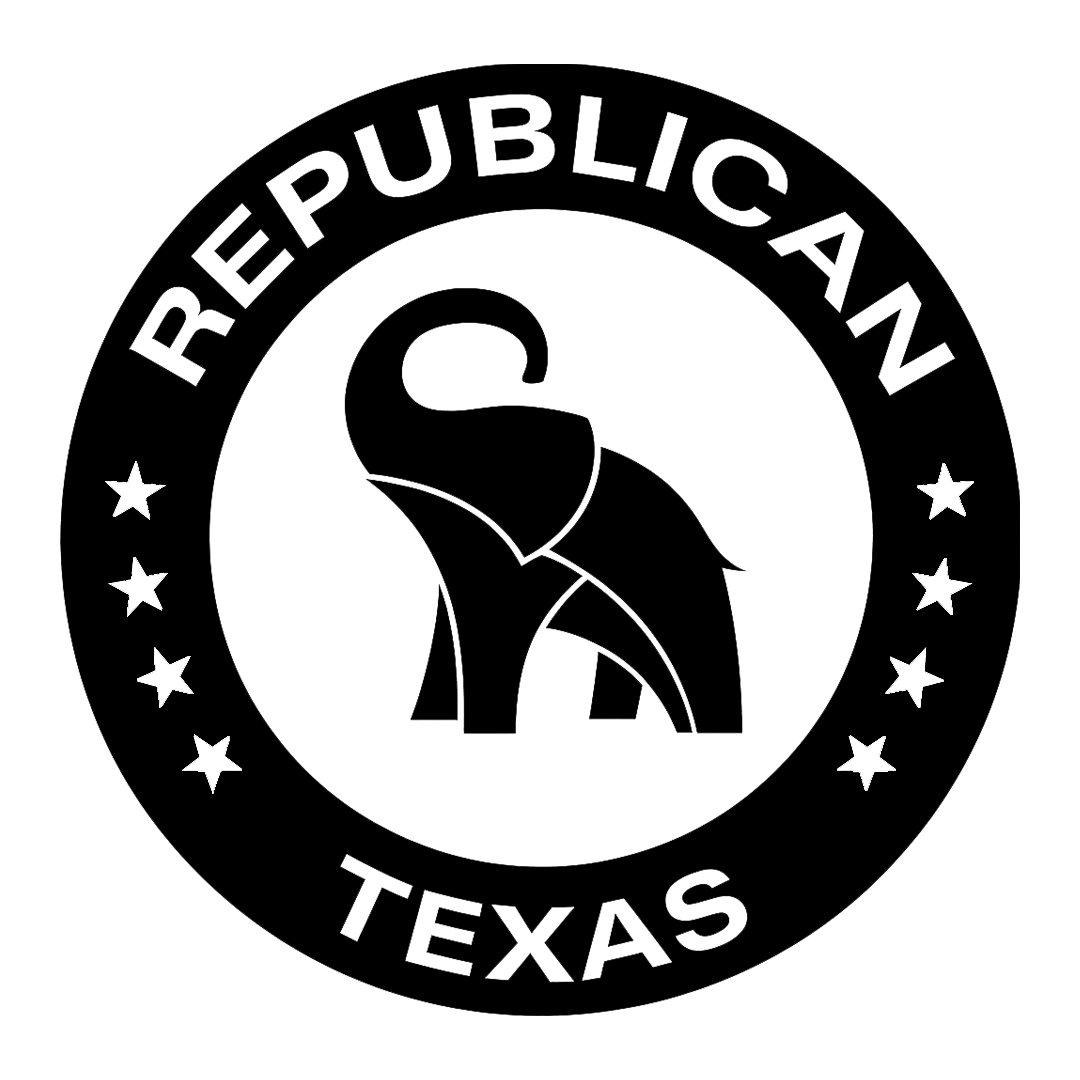Dukovany Expansion Sets Ambitious Goals
Czechia plans to produce up to 60 percent of its electricity from nuclear energy by 2050. Engineers are building two new reactors at the Dukovany site, where eight giant cooling towers already operate. Drilling rigs extract samples 140 meters underground to confirm the $19 billion site can support the expansion. Officials aim to at least double national nuclear output and secure Czechia’s position as one of Europe’s most nuclear-reliant countries.
South Korea’s KHNP won the tender over France’s EDF to build two reactors exceeding 1,000 megawatts each. The units will start operating in the second half of the 2030s and complement Dukovany’s four 512-MW reactors from the 1980s. Officials may add two more units at Temelín, which currently operates two 1,000-MW reactors. Czech authorities also plan to deploy small modular reactors to expand capacity further.
Petr Závodský, CEO of the Dukovany project, said nuclear energy will generate 50 to 60 percent of electricity by 2050. He added the expansion will replace fossil fuels, stabilize energy supply, meet emissions goals, and power growing demand from electric vehicles and data centers.
Europe Revives Nuclear Ambitions
Rising electricity demand and pressure to cut carbon emissions have renewed interest in nuclear technology across Europe. Nuclear plants produce waste but avoid greenhouse gas emissions, the main driver of climate change.
The EU included nuclear energy in its sustainable finance taxonomy, encouraging investment in countries like Czechia, Slovakia, Hungary, and France. Belgium and Sweden reversed plans to phase out nuclear power. Denmark and Italy reconsidered their positions. Poland will build three nuclear reactors with Westinghouse support, joining a growing group of 12 pro-nuclear EU nations. In 2024, nuclear supplied 24 percent of the EU’s electricity.
Britain signed a cooperation deal with the United States and will invest £14.2 billion to build Sizewell C, the first UK nuclear plant since 1995. CEZ, 70 percent state-owned, and Rolls-Royce SMR agreed to develop small modular reactors for future deployment.
Financing, Security, and Opposition Challenges
The Dukovany expansion costs over €16 billion, with the government acquiring an 80 percent stake. Officials will secure a long-term loan repaid by CEZ over 30 years. The state will guarantee stable electricity revenue for 40 years. EU approval is expected to align with its climate-neutral goals by 2050.
Závodský said the country cannot phase out coal without new nuclear units. Currently, nuclear supplies 40 percent of electricity and coal provides another 40 percent. Czechia plans to eliminate coal by 2033. Delays have occurred due to financing uncertainty; in 2014, CEZ canceled a Temelín tender after the government refused financial guarantees.
Security concerns excluded Russia’s Rosatom and China’s CNG from the Dukovany tender after the invasion of Ukraine. CEZ signed fuel supply deals with Westinghouse and France’s Framatome, ensuring ten years of nuclear fuel independence from Russia.
Despite public support, critics question nuclear costs and the lack of permanent waste storage. Austria, which abandoned nuclear energy after Chernobyl, remains strongly opposed. Its Parliament already rejected Czechia’s small modular reactor plans. Past disputes over Temelín even triggered border blockades and a political crisis.
Czechia moves forward, balancing energy independence, climate goals, and regional tensions while expanding its nuclear infrastructure.


